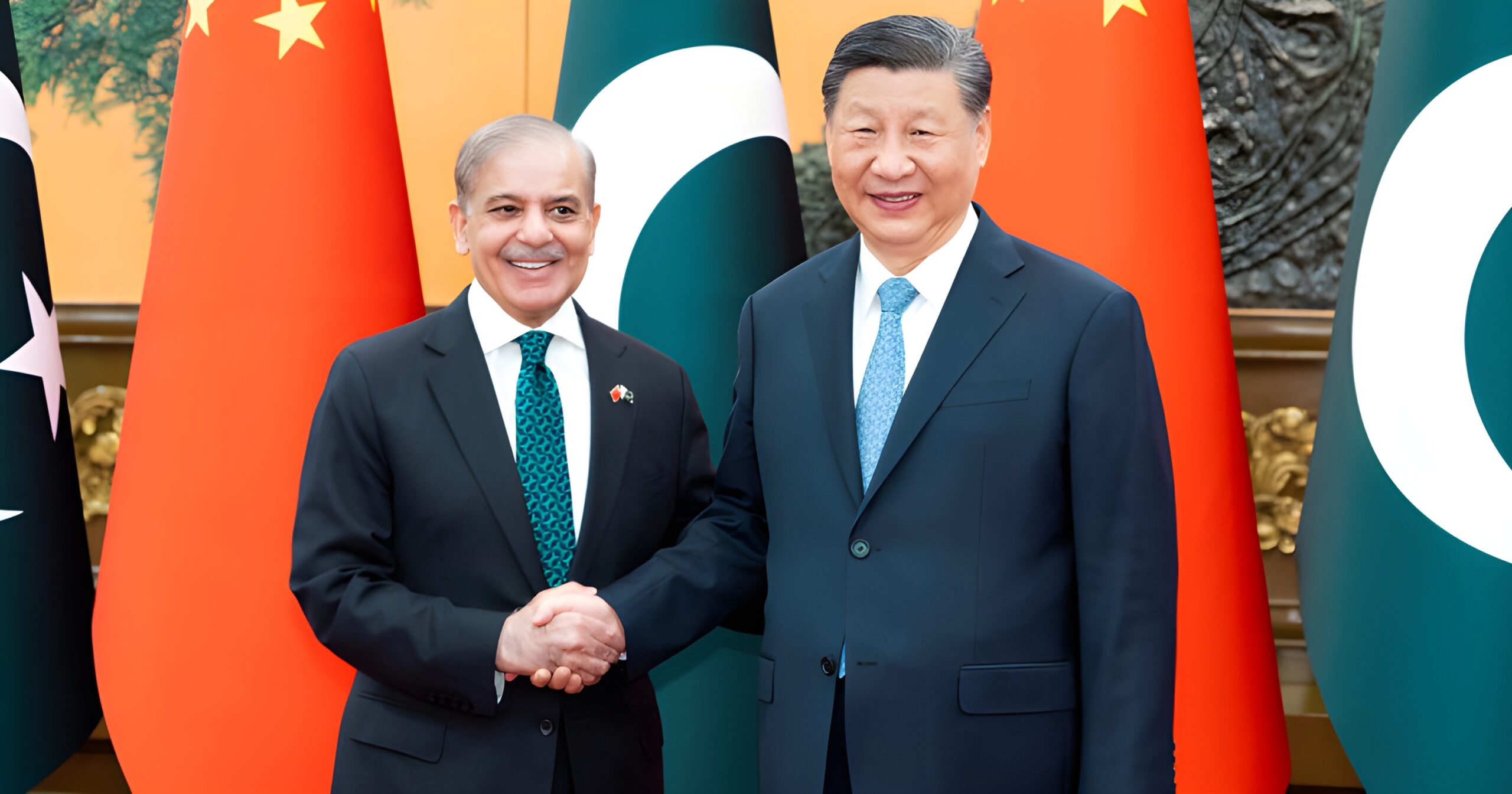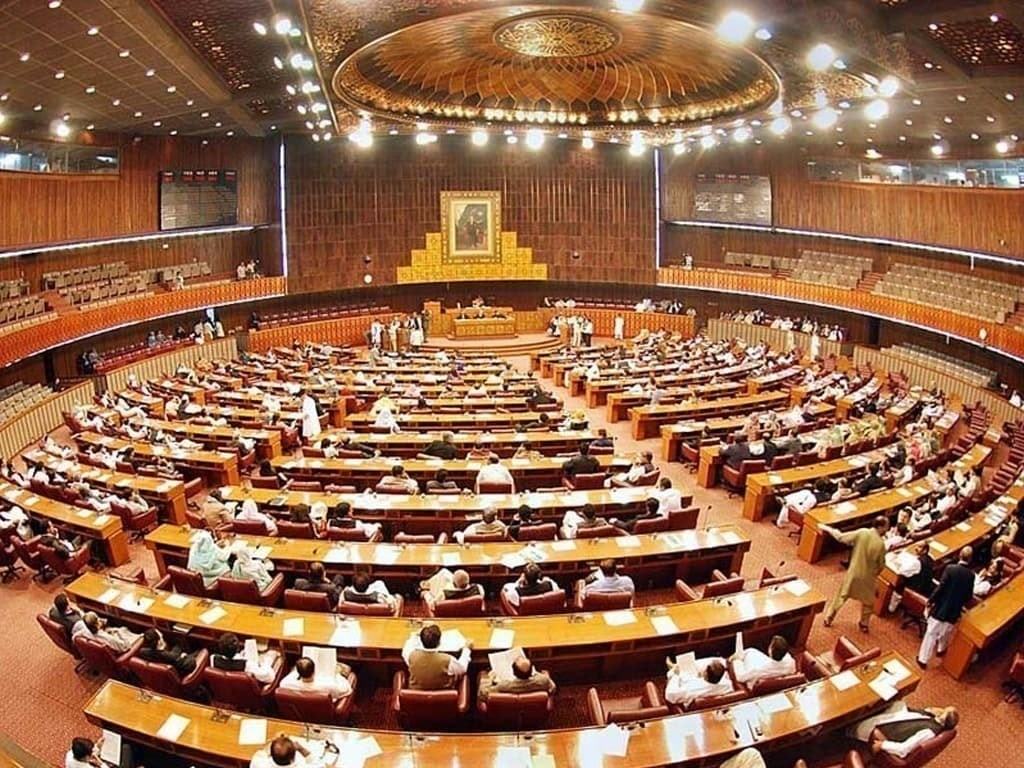Allegations of corruption have surfaced within the Khyber Pakhtunkhwa (KP) Health Department, involving the procurement of medicines and supplies worth Rs 1.91 billion. This has led to an official inquiry by the Anti-Corruption Department to investigate the matter, especially concerning the purchase of unnecessary medical items in violation of standard procedures.
According to official documents, the investigation was triggered by concerns that the KP Health Department may have engaged in irregular practices during its procurement process. The department allegedly awarded purchase orders worth billions of rupees to various drug supply companies without following proper procedures. As a result, the Anti-Corruption Department has sent a detailed questionnaire to both the former Caretaker Health Minister and the Director General (DG) of Health, demanding written responses to 37 questions within five days.
The focus of the inquiry is on the procurement of medicines and hospital equipment, which reportedly amounted to over Rs 4 billion. However, a significant portion of these purchases, including unnecessary items such as gowns, drape sheets, and gloves, worth Rs 1.91 billion, is under scrutiny for being against procurement policies.
The former Director General (DG) of Health, Dr. Shaukat Ali, has responded to the questionnaire, emphasizing that all purchases were conducted in accordance with the Khyber Pakhtunkhwa Revenue Authority (KPRA) rules. He stated that the department followed standard operating procedures, such as publishing advertisements in newspapers before initiating the procurement process, to ensure transparency.
Despite these claims, documents reveal discrepancies in the procurement process. The Finance Department disbursed Rs 2.9 billion in installments for essential medical supplies. However, it is alleged that the department approved payments for non-essential items, diverting significant funds away from critical healthcare needs.
One of the key findings from the investigation is the difference between the amount paid to suppliers and the stock actually delivered to the KP central warehouse. Official records indicate that while Rs 3.17 billion was paid to the suppliers, only Rs 800 million worth of stock was delivered. This substantial gap raises questions about the integrity of the procurement process and suggests potential financial mismanagement.
Further reports indicate that inspection bills were cleared without proper verification of the stock’s position. This implies that payments were made to suppliers even when the delivered stock was not thoroughly checked for compliance with the purchase orders. Such practices could have led to the procurement of substandard or unnecessary items, ultimately compromising the quality of healthcare services.
he former DG Health, Dr. Shaukat Ali, defended the actions taken by the health department, stating that all procurements were made transparently and in line with the government’s regulations. He stressed that advertisements were issued to ensure competitive bidding, and the awarded contracts followed the legal requirements set by the KPRA.
Dr. Ali also noted that the procurement process was designed to meet the urgent needs of hospitals, especially in the wake of growing healthcare demands. However, the investigation has revealed a different narrative, with the acquisition of non-essential items being flagged as a serious concern. The purchases of items like gowns, drape sheets, and gloves, which totaled Rs 1.91 billion, were allegedly unnecessary and deviated from the primary focus of procuring essential medical supplies.
The role of the Finance Department in this issue has also come under scrutiny. While the department disbursed funds to support the procurement process, the allocation of Rs 2.9 billion was primarily intended for essential medical supplies. However, a significant portion of this amount was allegedly spent on non-essential items, leading to questions about the effectiveness of financial oversight.
It is also important to note that the investigation has raised concerns about the timely clearance of inspection bills. Some reports suggest that these bills were approved without confirming whether the ordered stock had been delivered or met the required standards. This lack of due diligence may have contributed to the large discrepancy between the funds paid and the stock received.
The inquiry is ongoing, and the Anti-Corruption Department is expected to review the written responses from the former Caretaker Health Minister and the DG Health. The responses to the 37-question document will play a critical role in determining the extent of the alleged corruption and whether any legal action will be taken against those involved.
The investigation is also likely to examine the contracts awarded to the various drug supply companies. If any irregularities are found in these contracts, further scrutiny will be applied to ensure that responsible parties are held accountable.
As of now, the provincial government has not provided an official stance on the issue, and HUM News has not received any formal statements from government officials.
These allegations, if proven, could have severe consequences for the Khyber Pakhtunkhwa Health Department, impacting its credibility and the trust of the public in the government’s ability to manage healthcare resources. Mismanagement of public funds in the healthcare sector could result in further deterioration of health services in the province, especially during times of increased demand for medical supplies.
This inquiry also underscores the importance of financial oversight and accountability in government departments. The procurement of essential medical supplies should be handled with the utmost care and transparency to avoid any misuse of public funds, which can have a direct impact on the quality of healthcare services provided to citizens.




